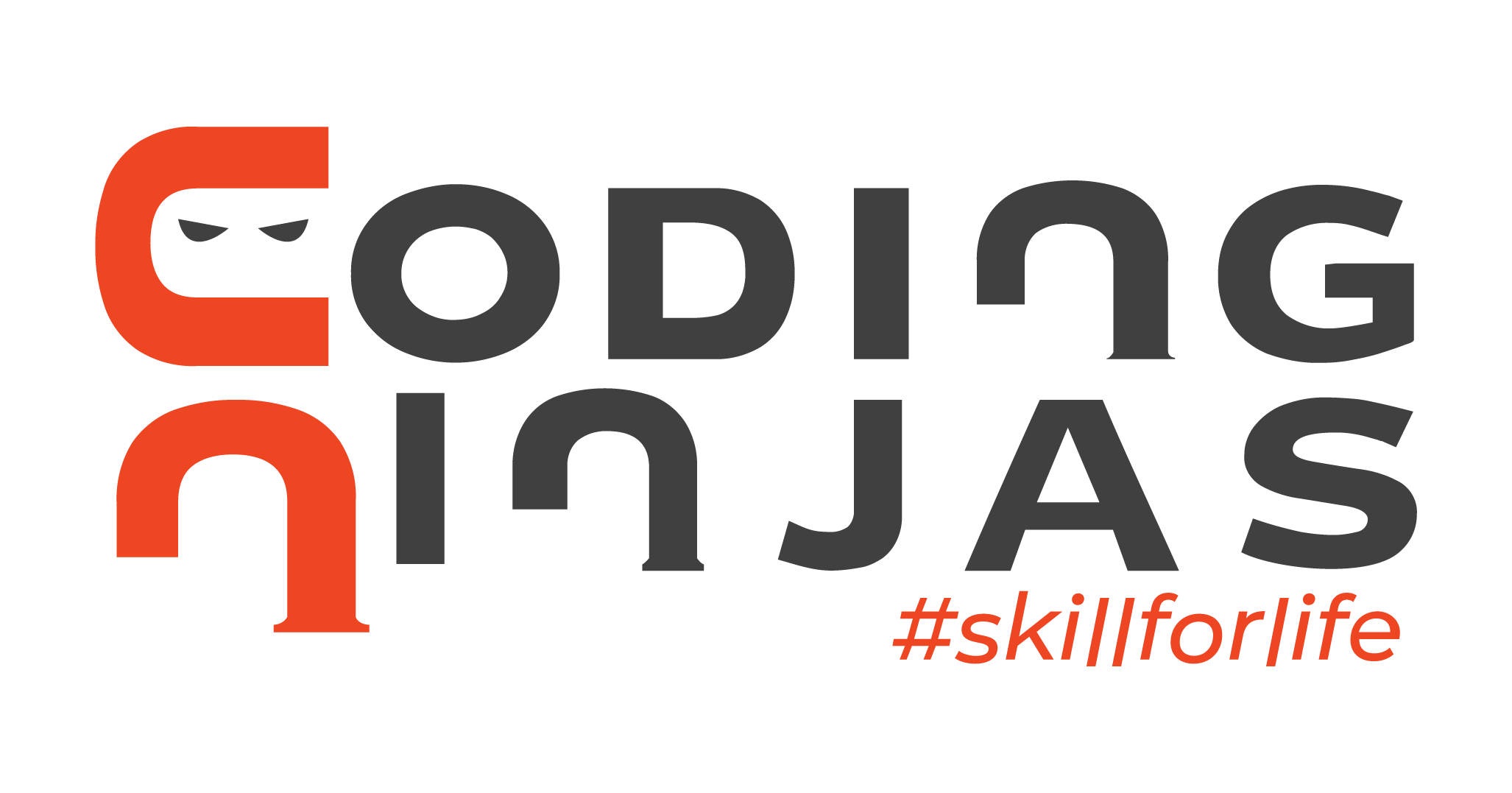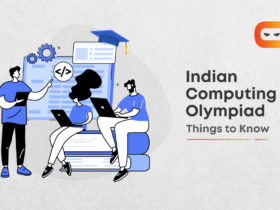Table of Contents
Introduction
Today we live in a world which, even though it is beautiful, is not bereft of problems. From problems that we face in our routine life to ones that require a lot of brainstorming, we all aim to find solutions to each one of them.
When Bhavish Aggarwal faced the problem of being abandoned by his driver of a rental car in the middle of a road journey, he derived the solution by founding Ola Cabs. Similar sparks in a diversity of people, to find solutions to various problems, led to the creation of Zomato, Uber, Yahoo, Flipkart, Swiggy and the list goes on.
Yes, the agenda we’re getting to is that of startups, which is now a so-called culture in itself! Assessing the reasons behind this growth in startups and taking a dive into the stories and journeys of some startups around us, we started a series on startups of which, this is the third article. In this article, we look at the journey of Ayush Garg, Founder of Cirkitree, an electronics startup.
Enable to build
With the motto of enabling each one to build, Ayush Garg, along with his seniors from college, started out with their venture “Ukhaad”, an electronics startup.
It came up as a startup that conducted workshops for college students all over India. These workshops were aimed at helping students to enable themselves to build using principles of electronics and integrating them with the passion to build things. Ukhaad was doing very well.
However, soon Ayush realized that the target audience was not quite motivated to learn.
He observed that students wanted to only do things that would lead to a quick route to getting placed at the end of their studies. “The interest and passion that we wanted to embrace as part of Ukhaad, was missing”, he said. So eventually, Ukhaad had to be wrapped up.
But this wasn’t the end. Ukhaad offered a plethora of learnings to Ayush. Taking his lessons forward, understanding the target audience, he came up with another idea, another electronics startup, but with a different target audience.
The birth of Cirkitree
Have you ever picked up a robotics kit for yourself or for a younger one and then struggled with how some components are mismatched or how the manual is poor in helping you to understand the procedure? And have you ever observed that these kits do not fulfill the whole development cycle for the user?
They just focus on bringing components together and not on actually making you understand the science behind it. Well, the founder of Cirkitree definitely understood this, and all of us who did too.
It, an electronics startup founded by Ayush, came up with a solution to exactly this problem. A platform for everyone who likes to create things innovatively, its vision is to empower the makers. “Cirkitree has just enough humor, technology, and information to appeal to the maker crowd as a whole. We hope to entertain, educate and elevate our makers as we move forward with introducing the latest products.”
Let’s discuss the features of Cirkitree to better understand its focus.
1. Target Audience: The experience with Ukhaad helped Ayush to better understand what section of people would benefit from his initiative the most. So for Cirkitree, the major target audience was the young innovators – school students. The passion to learn and explore new things is the highest in school students. Therefore empowering them was something that Ayush decided to do through his electronics startup.
2. Electronics Clubs: Cirkitree’s Electronics Clubs were introduced in two forms – School Clubs and After School Clubs. These are places where children are motivated to create things using the principles of electronics. Cirkitree is now in collaboration with four schools and helping people to enable building.
3. Project-Based Learning: The electronics clubs promote project-based learning methods which are dynamic in nature. Children are encouraged to build while learning so that their whole development cycle is fulfilled.
4. Components kits for every project: Cirkitree also offers electronics kits that not only have components but also are fully guided and curated to help learn whilst building.
5. Creating employability: Cirkitree recognizes the fact that of 1.5 yearly engineering graduates, more than 80% are not employable. In such a scenario, it is important to equip our youngsters with the right skills. Thus with this vision in mind, Cirkitree focuses on helping its community learn how to apply knowledge.
The most important takeaway from this startup story is the importance of analyzing your steps, finding loopholes, and then finding the solution to each loophole. In this case, developing an understanding to choose the right target audience was the key to moving forward with a more solid plan.
Frequently Asked Questions
According to Failory.com, the top five Indian startups are Wow! Momo, Ola Cab, AddressHealth, Zomato and One97 (Paytm).
The best startups in 2021 are AI startups, E-commerce startups and EdTech Startups.
India imports $300 Billion worth of electronics every year. All these electronics that we love to use, are neither designed nor made in India.
The largest electronics company is Apple Inc.
Apple Inc. is the richest electronics company in the world.
Key Takeaways
Starting from an introductory article and then consequent startup story articles and understand the difference between a startup and a corporate job, this article is the third in the Startup Series.
Through this article, we lived the story of Ayush Garg in founding Cirkitree and the lessons he learned from this journey.
By Khushi Sharma















Leave a Reply